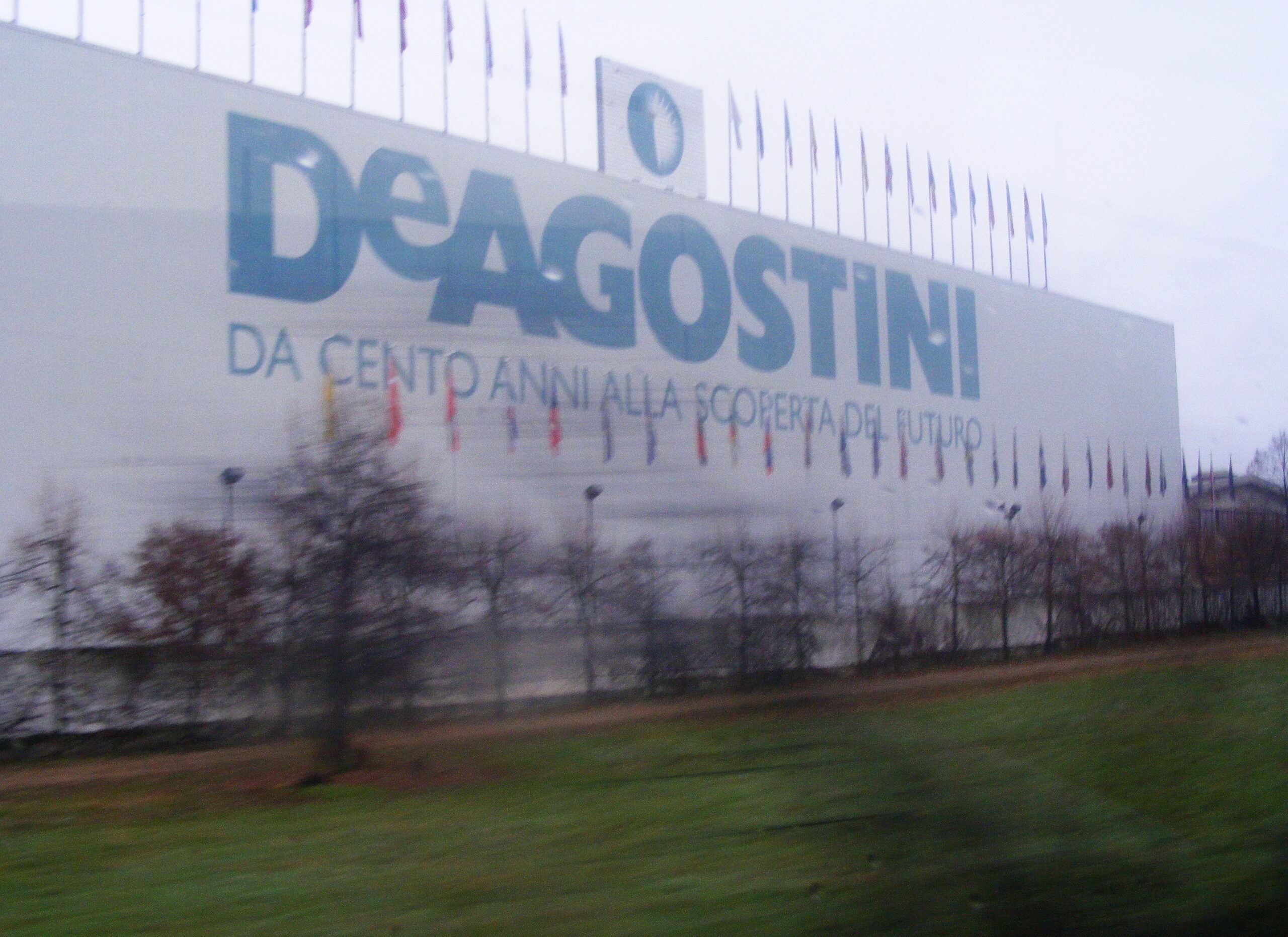Because the Guarantor wands De Agostini, Mondadori, Rizzoli, Pearson and Zanichelli

The Antitrust has opened an investigation against De Agostini Scuola, Mondadori Education, Rizzoli Education, Pearson Italia and Zanichelli Editore to ascertain alleged anti-competitive behavior in the school publishing sector
The Antitrust rejects the main players in school publishing. The Competition and Market Authority has opened an investigation against the companies De Agostini Scuola, Mondadori Education, Rizzoli Education, Pearson Italia and Zanichelli Editore for alleged anti-competitive behavior in school publishing.
The object of the investigation is the exercise, by the main publishers, of the so-called 'approval clauses' present in the contracts governing the relations between publishers and promoters.
All the details.
THE COMPANIES SUBJECT TO THE INVESTIGATION
Let's start with the companies that have ended up in the antitrust's sights. The protagonists of the investigation are:
- De Agostini Scuola SpA, a company of the De Agostini Editore SpA publishing group, active in the school publishing sector through various brands, including Black Cat, Cedam Scuola, De Agostini, Garzanti Linguistica, Garzanti Scuola and Theorema, which created, in 2019 , a turnover of 75.7 million euros.
- Mondadori Education SpA and Rizzoli Education SpA, subsidiaries of the Mondadori group, which in 2019 achieved a turnover of 81.7 and 83.1 million euros respectively.
- Pearson Italia SpA, controlled by Pearson PLC, active in school and university publishing through various brands, including Pearson, Paravia and Bruno Mondadori, which boasts a turnover of 115 million euros.
- Zanichelli Editore SpA, active in school, university and legal publishing, with the brands Atlas, Loesher and Zanichelli, which closed on 30 June 2019 with a turnover of 157.7 million euros.
THE REPORTING
The companies ended up in the antitrust's crosshairs following a report, arrived on February 14, 2019, by an operator active in the school publishing sector.
The operator criticized "the exercise, by the main publishers, of the so-called" approval clauses "present in the contracts governing relations between publishers and promoters. The latter give the publisher the right to authorize (or not) the promoter to promote another publisher other than the one with which he has the contractual relationship ", reads the Agcm bulletin.
Not only. "Larger publishers can ask the promotion structures to achieve very high objectives, suitable for saturating the available resources, so that the promotion effort that they can exercise towards the minor publishers they represent is penalized".
CLAUSES USED BY THE BIGS IN THE SECTOR
In fact, despite the aforementioned clauses being widespread, the Antitrust Authority has verified that "they would in fact be exercised, moreover informally, only by the major publishers, who, by virtue of the considerable turnover they generate for the individual promoter, to represent its opposition to the expansion of its customer portfolio, would limit themselves to prefiguring the possibility of terminating one's contract. On the other hand, minor publishers, even where they can count on a promotion contract that includes the approval clause, cannot credibly exercise it, since the turnover they produce is too small to influence the choices of the individual promoter ".
A CONCENTRATED MARKET
This may be why the school publishing market is in the hands of a few. Mondadori, Zanichelli, De Agostini, Pearson represent 70% of the offer of books for lower middle schools and 80% of those for high schools.
"The competitive dynamics are somewhat weakened, also due to some contextual elements, including, first of all, the fact that books are not chosen by the families who pay for them, but by teachers, whose decisions in the adoptions must be approved by the school council ”, writes the Antitrust.
THE SATISFACTION CLAUSES
The approval clauses present in the contractual relationships between publishers and promoters also affect the market, writes the Antitrust. These clauses “represent a form of vertical restriction suitable for limiting the activity of promoters with exclusionary effects in the school publishing market. These clauses, in fact, give the publisher the right to limit the scope of operation of the promoter, who cannot include additional publishers in his portfolio without having previously obtained express authorization from the publisher proposing the contract ", reads in the Antitrust bulletin.
Companies have 60 days to submit their version.
This is a machine translation from Italian language of a post published on Start Magazine at the URL https://www.startmag.it/economia/perche-il-garante-bacchetta-de-agostini-mondadori-rizzoli-pearson-e-zanichelli/ on Tue, 22 Dec 2020 14:11:17 +0000.
